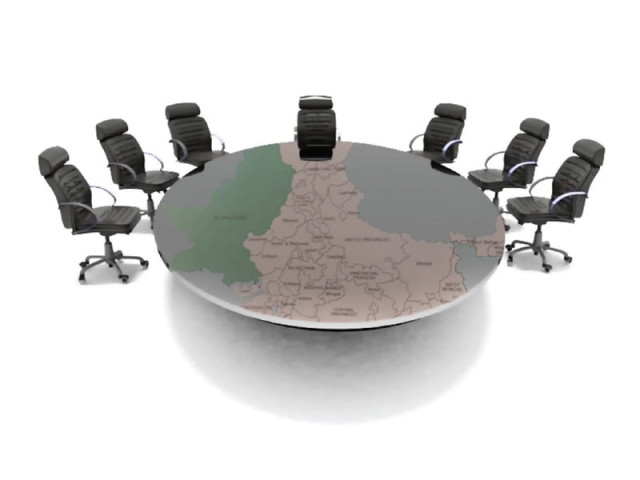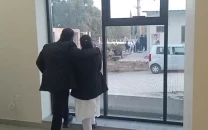Pakistan ready to discuss Most Favoured Nation status for India
Trade maximisation, removal of non-tariff barriers to be taken up during talks.

In a significant shift in policy, Pakistan is willing to discuss granting India Most Favoured Nation (MFN) status when the two countries resume trade talks that stopped after 2008 Mumbai attacks.
Indian Commerce Secretary Rahul Khullar, leading a six-member delegation, will arrive on Tuesday to hold talks on trade-related issues. This will be the second high-level interaction between the two countries that have seen many ups and downs in their fragile relationship, largely driven by political maneuvering. In February, commerce secretaries of both countries held talks on the sidelines of South Asian Association for Regional Cooperation (Saarc) meetings.
The talks will continue for two days and cover various issues with an aim to boost trade between the neighbouring countries, as the potential is being wasted. In recent times, India has accused Pakistan of sponsoring terrorism, while Pakistan has complained of Indian intervention in the restive areas of Balochistan. The establishment is also keen to find a solution to the Kashmir dispute before exploring full trade potential.
Sources said Pakistan has conveyed to India through diplomatic channels and friendly nations that it would discuss the issue of giving MFN status to Delhi. However, the MFN status is not linked with the European Union (EU) trade concessions, which the 27-nation bloc offered to Pakistan in the wake of last year’s floods, but could not go through the World Trade Organisation (WTO) due to Indian and other countries’ opposition.
EU offered a time-bound tariff concession on 75 product lines, however, after opposition from India, Bangladesh and Vietnam, the matter has been referred to the WTO General Council, which is scheduled to meet in the first week of May.
“The EU concessions are not quid pro quo with the MFN status, which is a bilateral issue,” said a source. India granted the status to Pakistan in 1996 and has since been seeking a reciprocal response. However, on every occasion that the Indians raised the issue, Pakistani authorities politely turned it down. Pakistan regulates trade with India though a positive list, which allows only listed items to be imported from the country.
Speaking to The Express Tribune, Secretary Commerce Zafar Mahmood said, “The objective of the talks is trade liberalisation, ensuring a level-playing field for Pakistani exporters.” He said Pakistan would like to build on the progress made in the four rounds of trade talks before the 2008 Mumbai attacks.
“Pakistan is ready to discuss anything under the sun but all stakeholders will be taken into confidence before reaching a conclusion,” he added.
The Indian government blamed Pakistan for the November 26, 2008 attacks in which 166 people were killed, causing a breakdown in trade relations.
Pakistan will also take up the issue of non-tariff barriers on its exports that have been largely affecting cement and textile exports to India. India is infamous for erecting non-tariff barriers to protect its industry from competitors. Though it imports cement from Pakistan, it has imposed state-specific restrictions.
On textile products, Indian Customs officials decide which product can enter the border and determine duty rates. Pakistan is also keen to increase export of food items but India has imposed health-related non-tariff barriers.
Published in The Express Tribune, April 26th, 2011.



















COMMENTS
Comments are moderated and generally will be posted if they are on-topic and not abusive.
For more information, please see our Comments FAQ